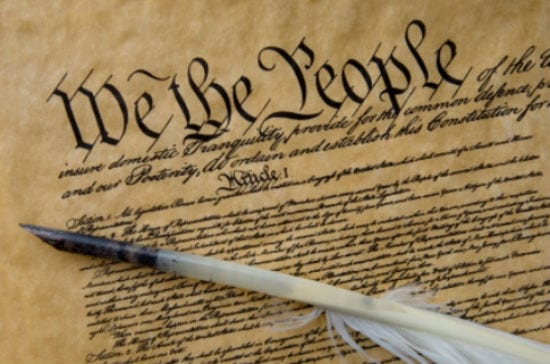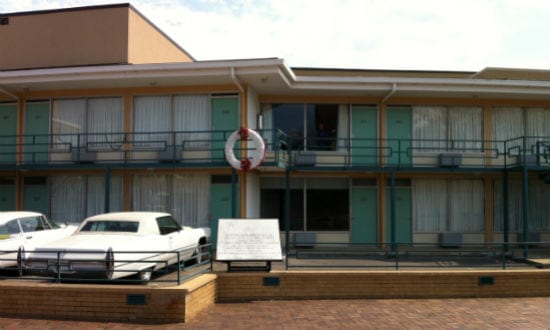The city was filled with the confusion; and people rushed together to the theater, dragging with them Gaius and Aristarchus, Macedonians who were Paul’s travelling-companions. Paul wished to go into the crowd, but the disciples would not let him; even some officials of the province of Asia, who were friendly to him, sent him a message urging him not to venture into the theatre.
Meanwhile, some were shouting one thing, some another; for the assembly was in confusion, and most of them did not know why they had come together. Some of the crowd gave instructions to Alexander, whom the Jews had pushed forward. And Alexander motioned for silence and tried to make a defense before the people. But when they recognized that he was a Jew, for about two hours all of them shouted in unison, “Great is Artemis of the Ephesians!”
But when the town clerk had quieted the crowd, he said, “Citizens of Ephesus, who is there that does not know that the city of the Ephesians is the temple-keeper of the great Artemis and of the statue that fell from heaven? Since these things cannot be denied, you ought to be quiet and do nothing rash. You have brought these men here who are neither temple-robbers nor blasphemers of our goddess. If therefore Demetrius and the artisans with him have a complaint against anyone, the courts are open, and there are proconsuls; let them bring charges there against one another. If there is anything further you want to know, it must be settled in the regular assembly. For we are in danger of being charged with rioting today, since there is no cause that we can give to justify this commotion.”
When he had said this, he dismissed the assembly.












